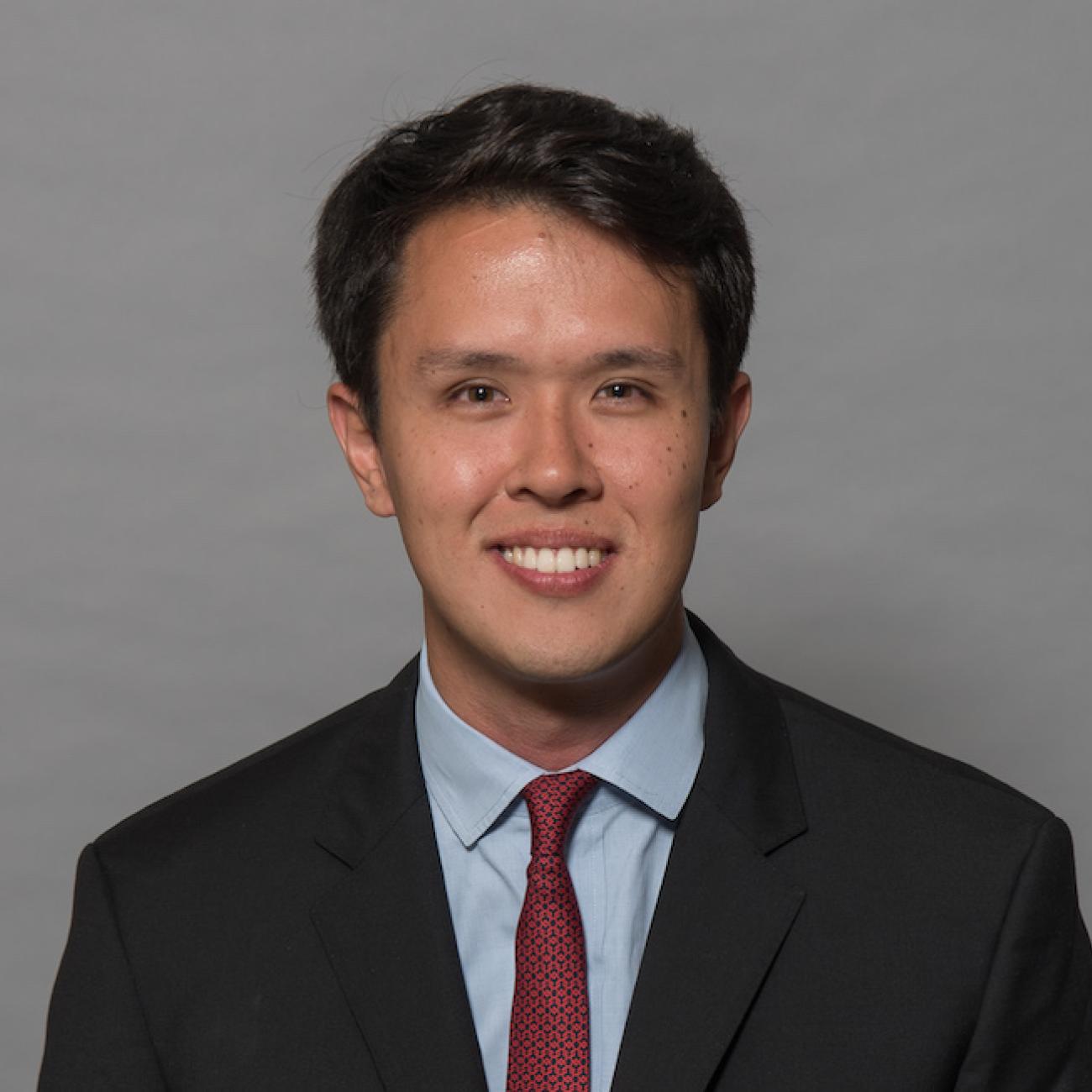What have you been doing (for work, for graduate/professional school, or otherwise) since you graduated from LSM? Are you working on anything outside of your current occupation?
After graduating from Penn, I worked in the laboratory of Jos Melenhorst at Penn investigating CAR-T cell immunotherapy for treatment of leukemia, which was directly related to my LSM Capstone project. I then attended medical school at Yale. I remained interested in research and took an additional year in New Haven to pursue an HHMI fellowship studying macrophages in cardiac injury/repair in the laboratory of Jeff Bender. I ultimately returned to Philadelphia for internal medicine residency at the Hospital of the University of Pennsylvania. I’m delighted to continue my training at Penn where I will be a cardiology fellow beginning in 2022.
What is the most rewarding part of what you are doing currently?
Caring for patients is the most rewarding aspect of my day to day. As a physician, patients place their trust in you to help them in a time of need, and it’s just an incredible privilege and responsibility. There isn’t a day when I’m not challenged or learning, and there is always room for improvement. I’m also interested in research and the opportunity to think critically and deeply about problems in medicine, which are often motivated by the unmet needs of patients I have cared for, and ways to better address them. Finally, I enjoy working with students and new learners. Teaching, sharing knowledge and paying it forward is incredibly important and gratifying to me.
Do you think LSM prepared you for life after college? What aspects were most helpful?
My education in the life sciences served as a foundation for my career as a physician, while my education in healthcare management taught me about leadership, teamwork and communication. These fundamentals are essential for success in any field but are incredibly important in modern medicine. Through individualized coursework, and particularly the LSM Capstone course, I learned how to integrate these seemingly distinct fields to evaluate and develop novel medical therapies. Finally, LSM is a close, supportive community, and anchored my undergraduate experience at Penn. I feel fortunate to have met lifelong mentors through the program, including Roy Vagelos, Phil Rea, Steven Nichtberger, and others. In hindsight, attending LSM and Penn was among the most important and consequential opportunities of my life, and laid the groundwork for many of my subsequent successes and decisions.
Do you have future plans beyond your current role?
I hope to become an academic clinical investigator in cardio-oncology, an interdisciplinary field focusing on understanding and treating cardiovascular disease in cancer patients. I’m looking forward to continuing to work with Dr. Bonnie Ky, a thought leader in cardio-oncology and mentor of mine. In the future, I hope to be involved in a combination of translational research, clinical trials, patient care and education of medical students and housestaff. Outside of work, I hope to spend quality time with my partner Eva, family, and close friends.

